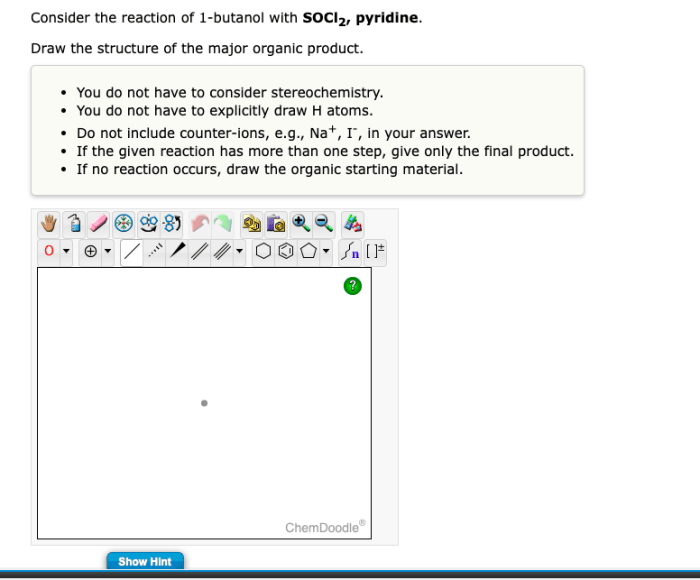Devise a route to carry out the following conversion – Embarking on the journey of devising a route to carry out a conversion, this guide unveils the intricacies of the process, providing a roadmap for success. Delving into the conversion process, we unravel its inputs, outputs, and limitations, laying the groundwork for informed decision-making.
With a keen eye for detail, we meticulously explore potential routes, evaluating each against metrics of cost, time, and feasibility. Guided by sound judgment, we select the optimal route, ensuring a smooth and efficient conversion.
Conversion Process Design: Devise A Route To Carry Out The Following Conversion

The conversion process involves transforming an input into a desired output. It begins with defining the input and output specifications, including data formats, data structures, and any constraints. The conversion algorithm is then designed, which Artikels the steps to convert the input into the output.
This algorithm should be efficient, accurate, and robust.
Inputs to the conversion process may include raw data, semi-structured data, or structured data. Outputs can be in various formats, depending on the requirements of the subsequent processes. Constraints on the conversion process may include time constraints, data size constraints, or accuracy requirements.
The conversion process should be designed with consideration for any potential limitations or constraints. These may include:
- Data size limitations
- Data format compatibility issues
- Time constraints
- Accuracy requirements
- Security concerns
FAQ Guide
What is the purpose of devising a route for conversion?
Devising a route for conversion establishes a clear path to transform inputs into desired outputs, optimizing the conversion process for efficiency and effectiveness.
How do I identify the optimal route for conversion?
Evaluating potential routes based on factors such as cost, time, and feasibility enables the selection of the most suitable route for achieving conversion objectives.
What is the role of resource allocation in the conversion process?
Resource allocation ensures that necessary resources are secured and utilized effectively throughout the conversion process, supporting timely and successful implementation.

